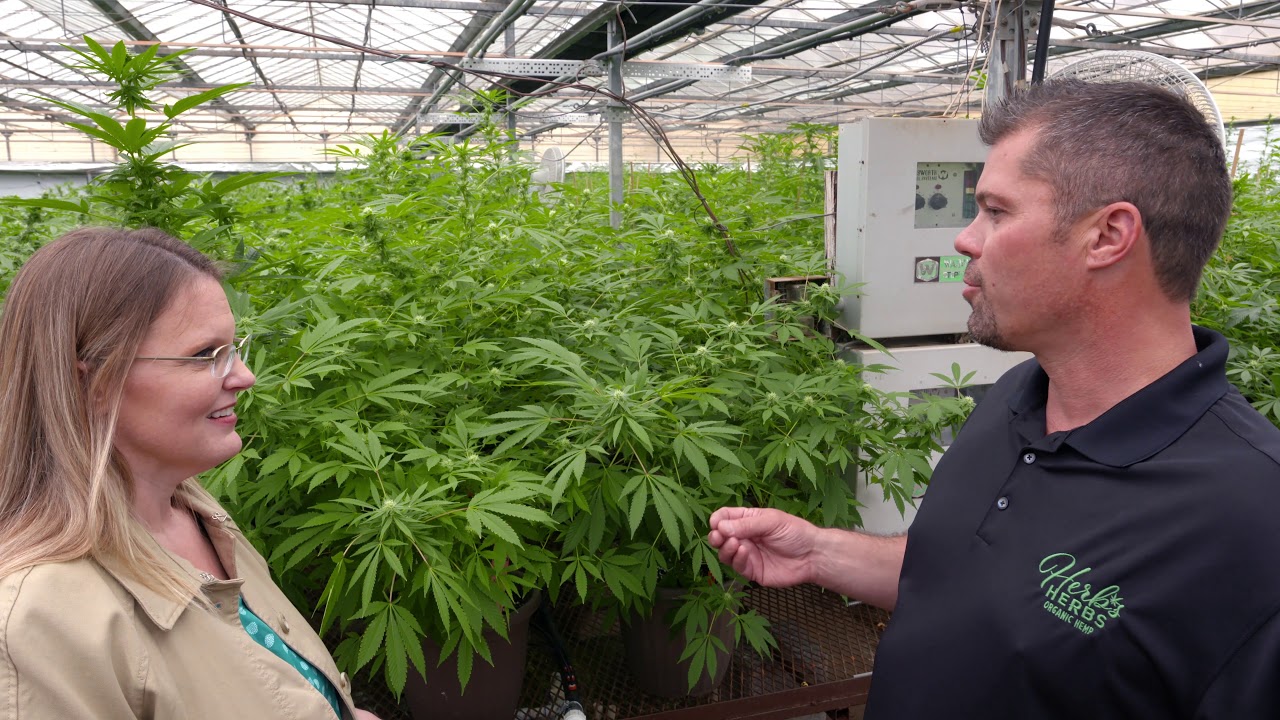A bipartisan group of Pennsylvania senators filed a new bill to allow medical cannabis patients to grow their own medicine.
The senators argue that patients, in particular, are deserving of a home-grow option, as some must currently travel hours to visit a licensed dispensary and there are financial burdens that could be alleviated if patients could grow their own plants for medicine.
The South Carolina Senate put a medical cannabis bill on special order status for this week, but a spokesperson for the House speaker disputed the sponsor’s claim that he has pledged to allow it to move through his chamber’s committee process.
The South Dakota House State Affairs Committee voted to ban medical cannabis home cultivation. Meanwhile, the Senate Health and Human Services Committee advanced several other medical marijuana bills.
A Virginia House Courts of Justice subcommittee tabled a bill to defelonize drug possession.
Idaho lawmakers filed legislation to allow access to the cannabis-derived medical spray nabiximols.
BOISE — Idahoans with multiple sclerosis and other neurological disorders could soon have legal access to a pain relief spray derived from marijuana, under legislation introduced this week.
House Bill 446 provides a carve-out in Idaho code for nabiximols, an oral spray that’s undergoing clinical trials for possible approval by the U.S. Food and Drug Administration.
The New Hampshire Supreme Court ruled that people cannot be fired for off-the-job medical cannabis use.
Florida regulators sent a bulletin about new medical cannabis purchase limits.
All patients will be given a 35-day transitionary period from March 1, 2022 to April 4, 2022. During this time, only dispensations made on or after March 1, 2022, for marijuana in a form for smoking, will be used to calculate the amount available to be dispensed to the patient. Beginning April 5, 2022, all patients will start their own 35-day rolling limit, and MMTCs will not be permitted to dispense an amount in excess of a patient’s 35-day rolling limit.
https://content.govdelivery.com/accounts/FLDOH/bulletins/306e863
Oregon regulators sent a bulletin about new potency limits for marijuana edibles.
Beginning April 1, 2022 recreational consumers will be allowed to purchase marijuana edibles containing up to 100
mg THC in an individual package and up to 10 mg THC per serving. Retailers may not sell 100 mg THC edibles
until April 1, 2022.
https://www.oregon.gov/olcc/marijuana/Documents/Bulletins/IB2022-01-Potency-Limits-Edibles.pdf
Utah regulators sent an update on the medical cannabis program.
PROVIDERS AND PATIENTS: Beginning January 3, 2022, initial medical cannabis patient cards will be issued with
an expiration date of six months instead of three months. All renewals for these new six-month cards will cost
$15. Patients who apply for the first renewal of their medical cannabis patient card prior to April 30, 2022, will
still pay the $5 currently charged for the first renewal.
https://medicalcannabis.utah.gov/wp-content/uploads/2022/01/CMC-Update-Jan-2022.pdf
A study of mice found that CBD “inhibits SARS-CoV-2 replication” and highlights the substance as “potential preventative agent for early-stage SARS-CoV-2 infection.”
The spread of SARS-CoV-2 and ongoing COVID-19 pandemic underscores the need for new treatments. Here we report that cannabidiol (CBD) inhibits infection of SARS-CoV-2 in cells and mice. CBD and its metabolite 7-OH-CBD, but not THC or other congeneric cannabinoids tested, potently block SARS-CoV-2 replication in lung epithelial cells. CBD acts after viral entry, inhibiting viral gene expression and reversing many effects of SARS-CoV-2 on host gene transcription.



